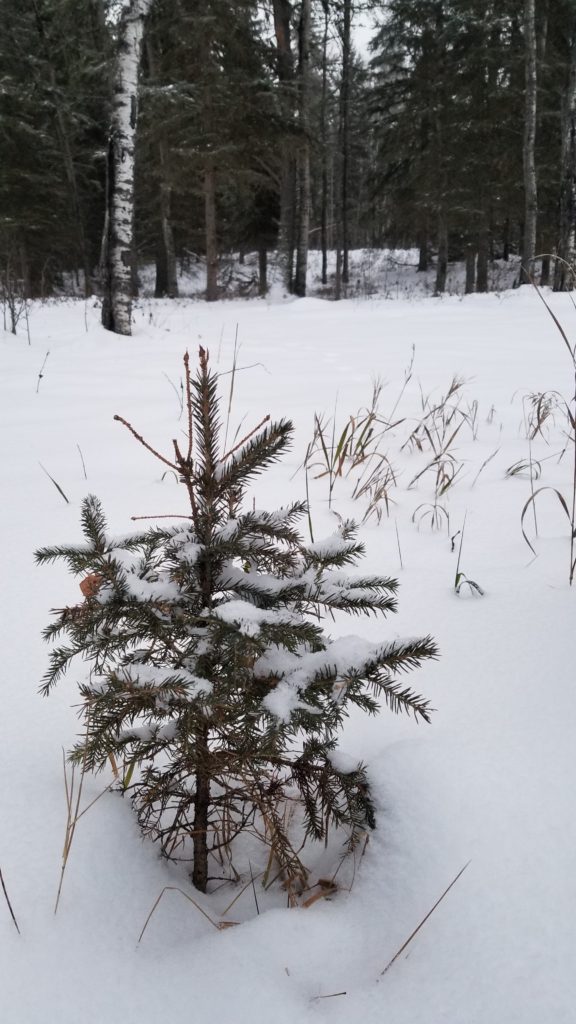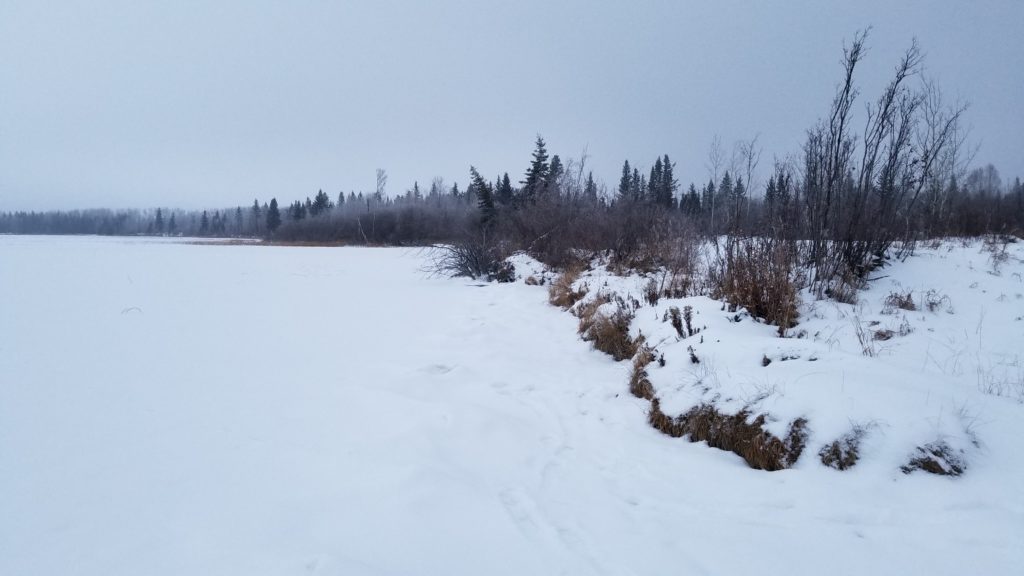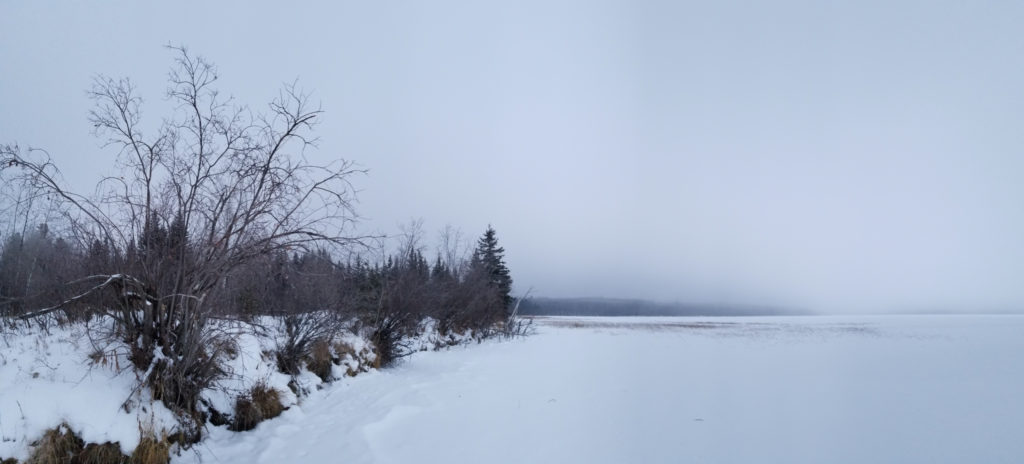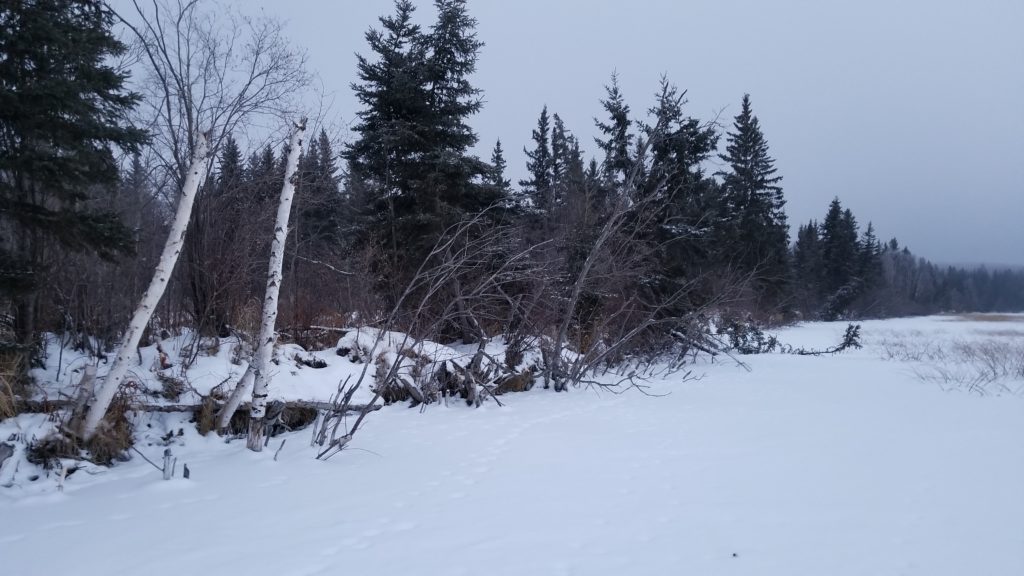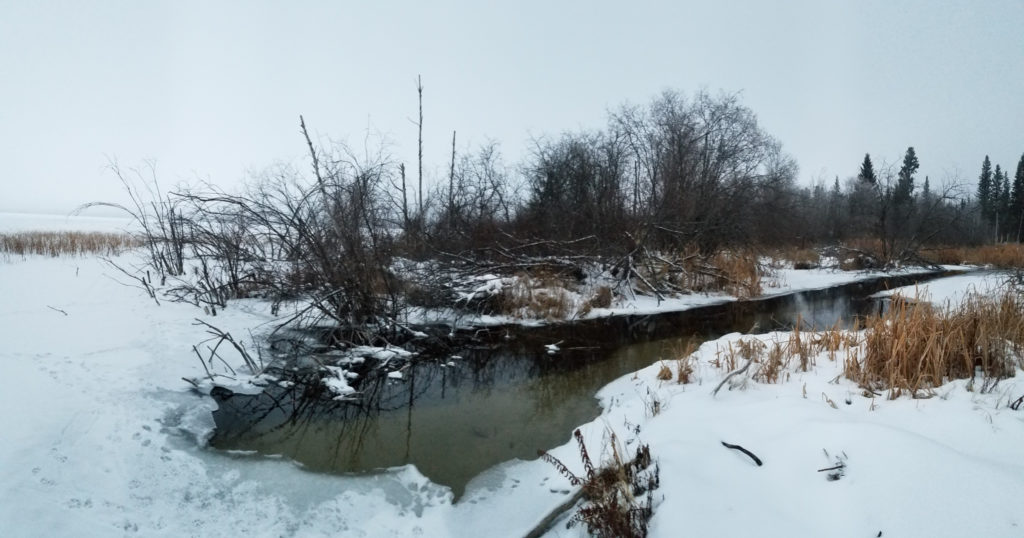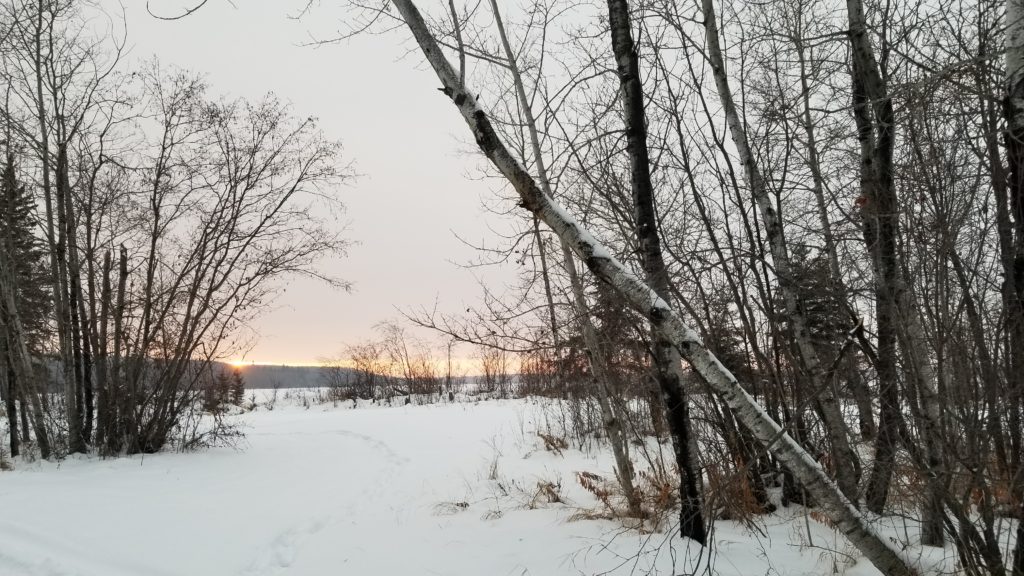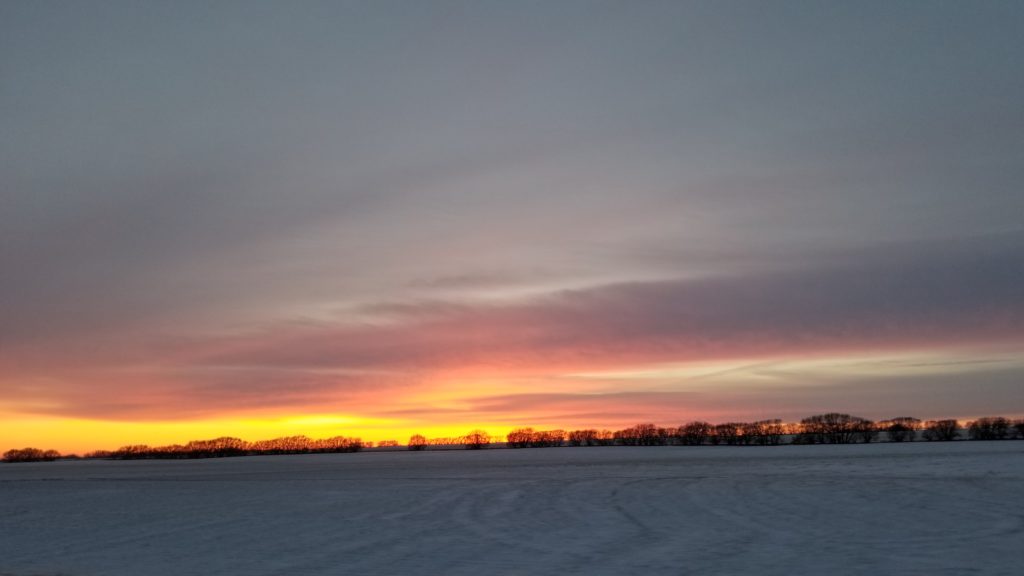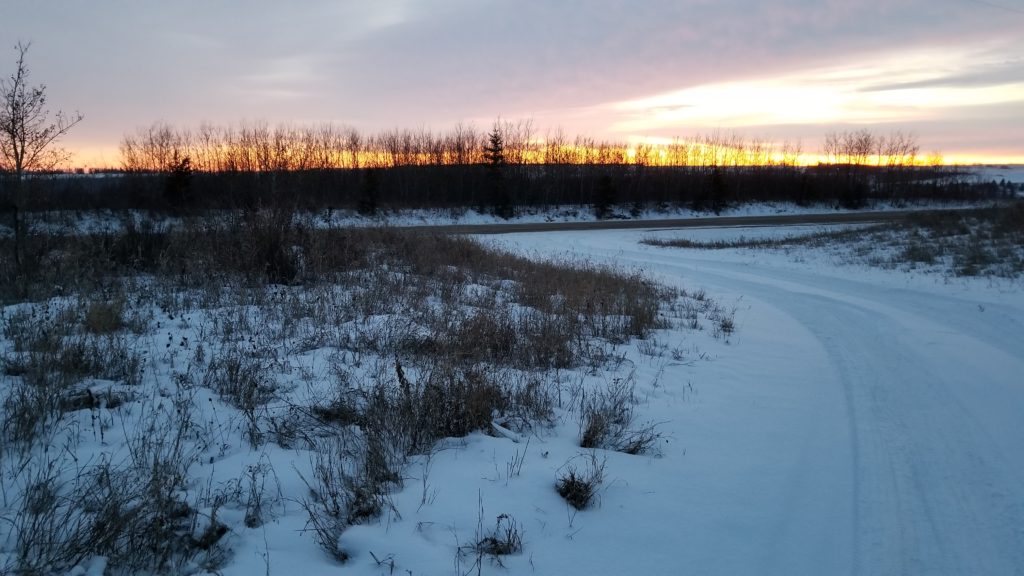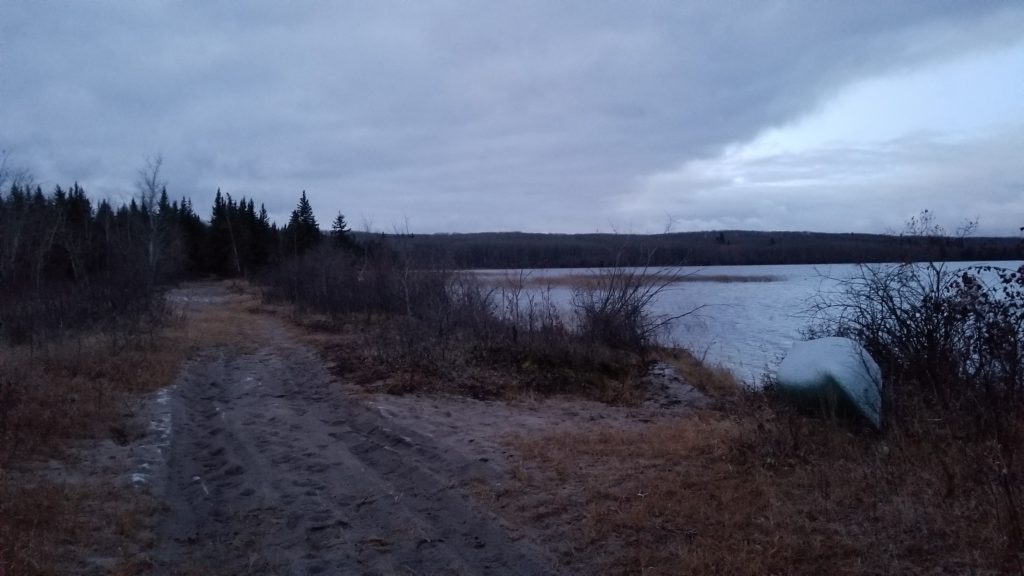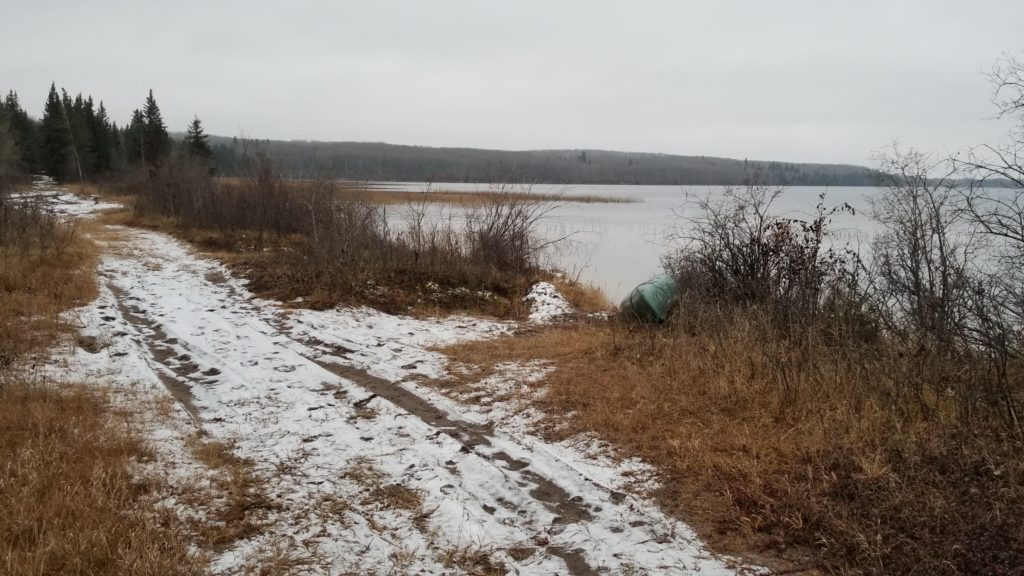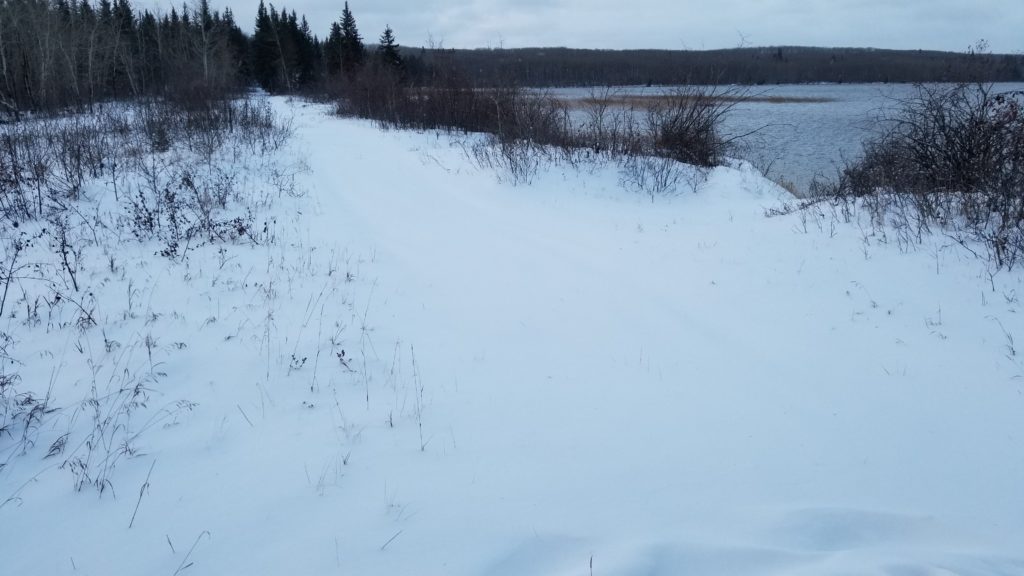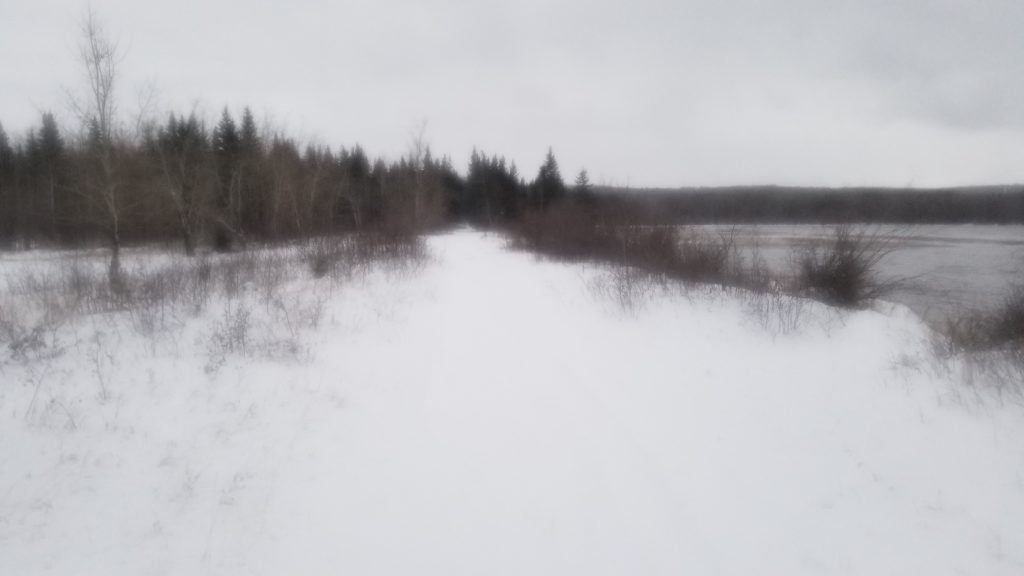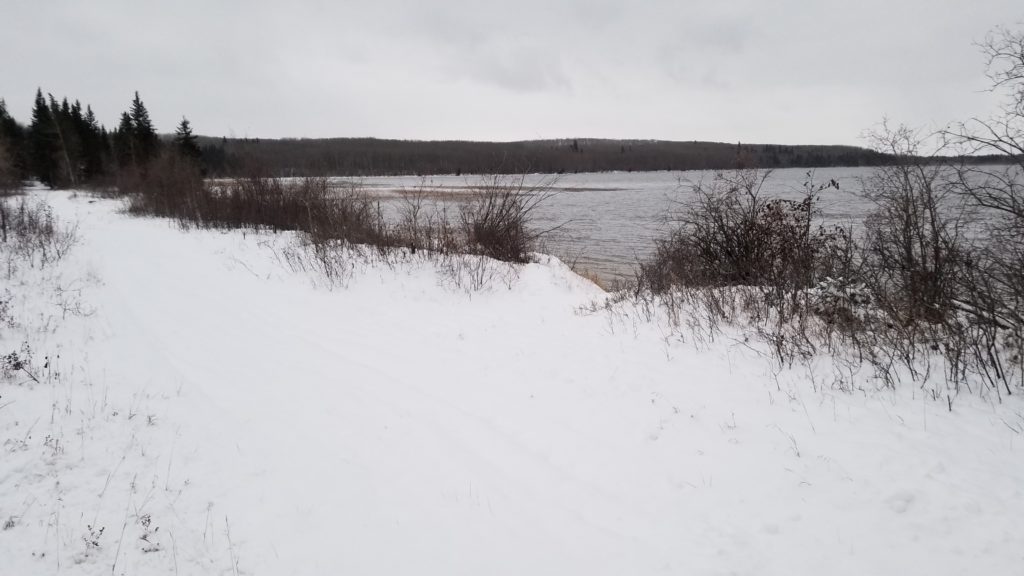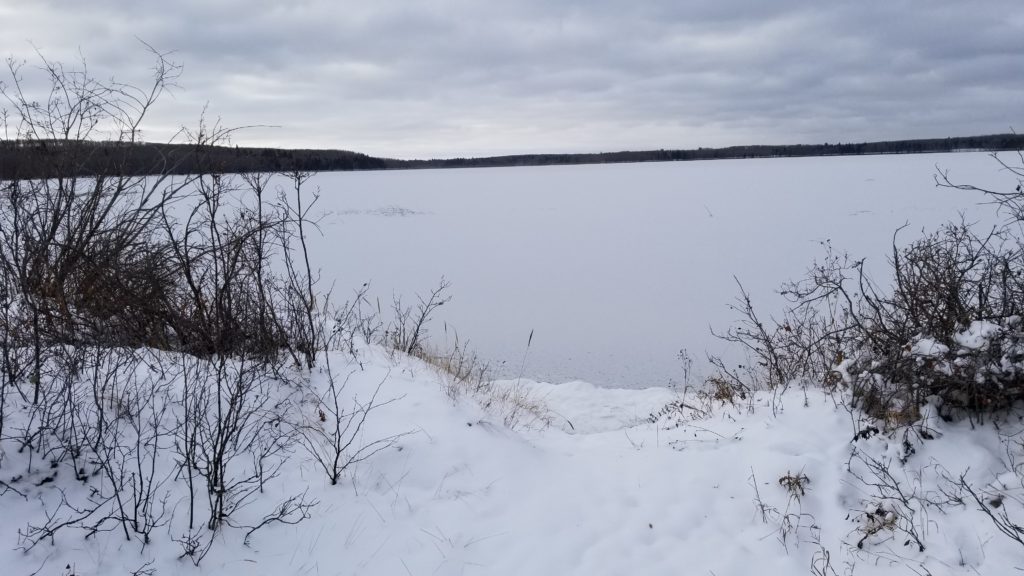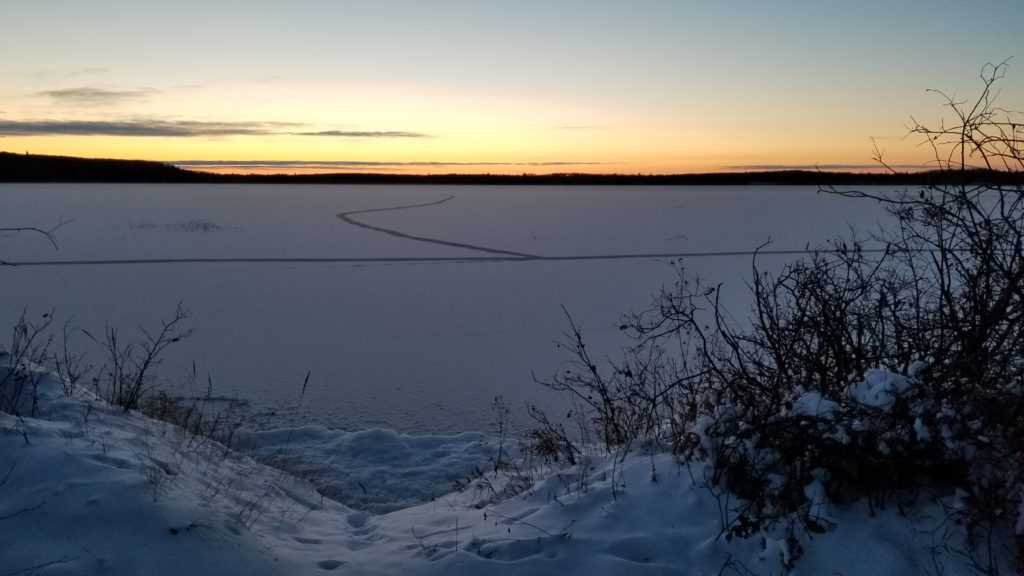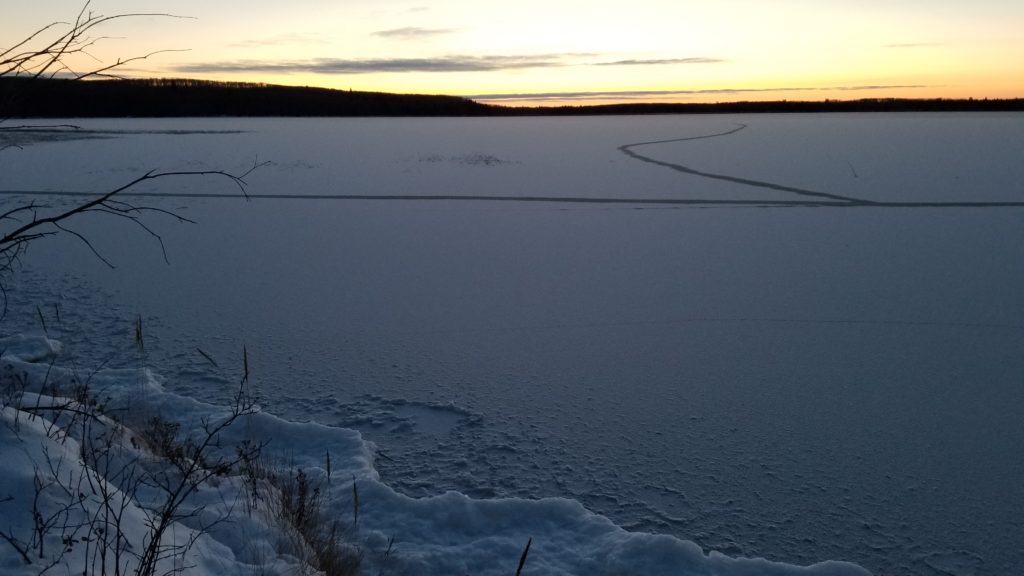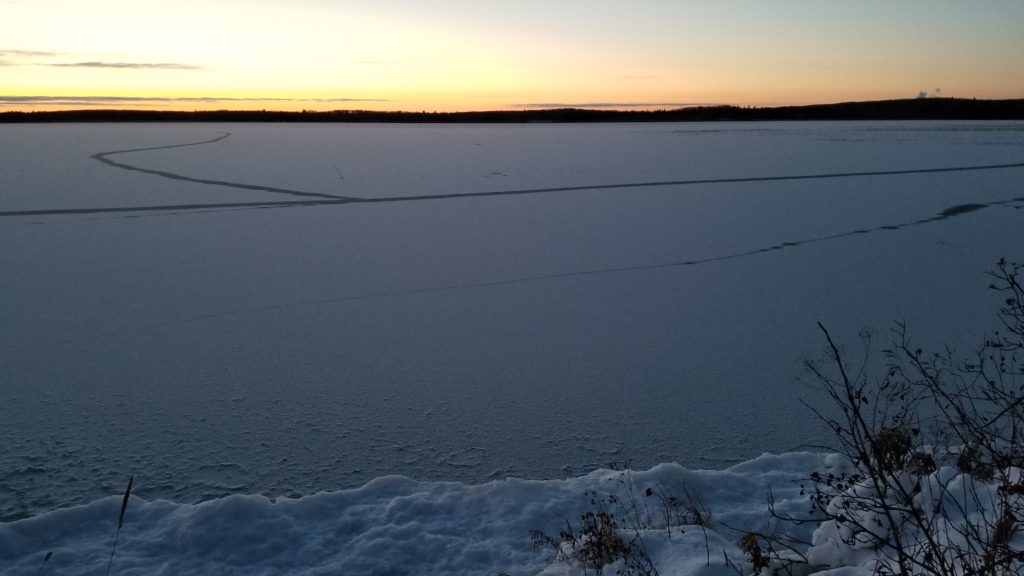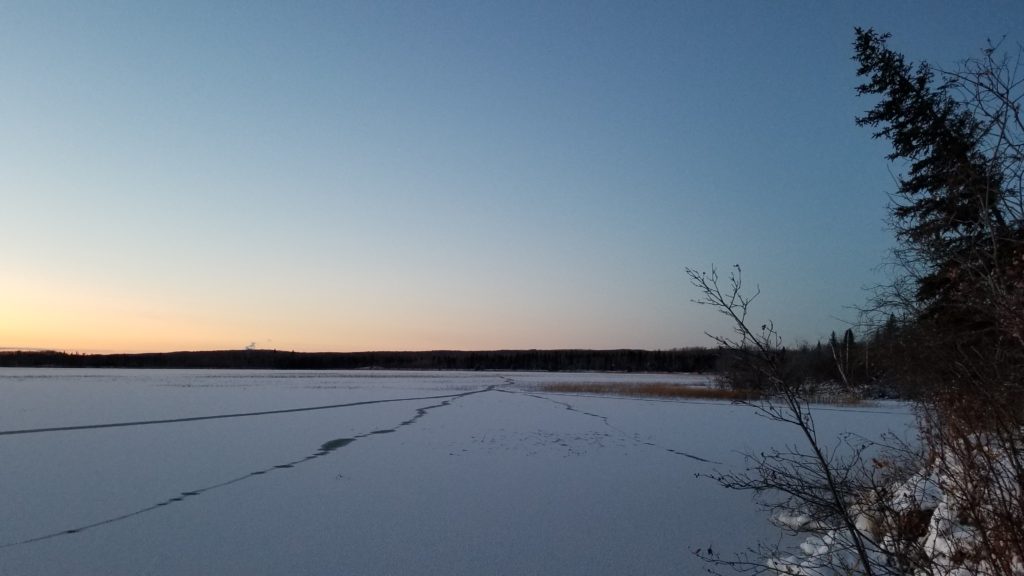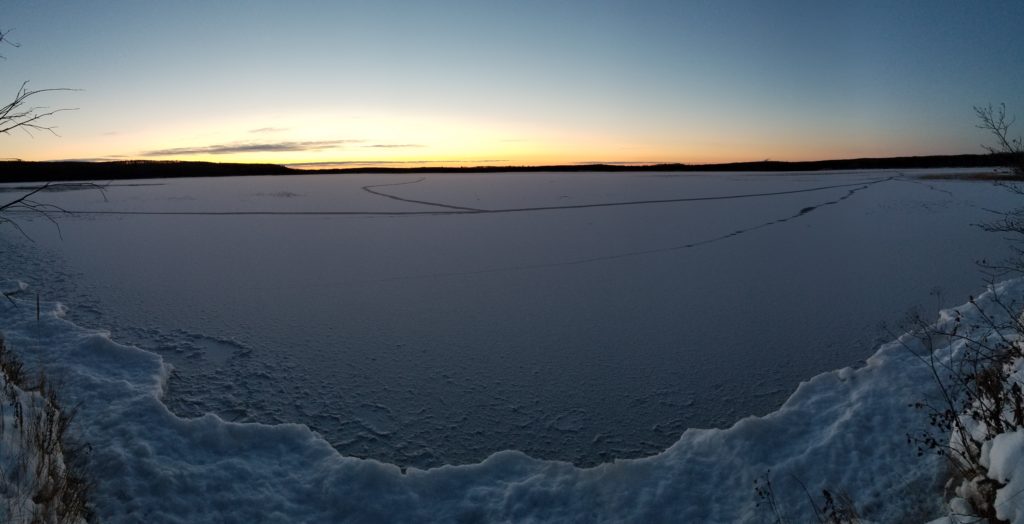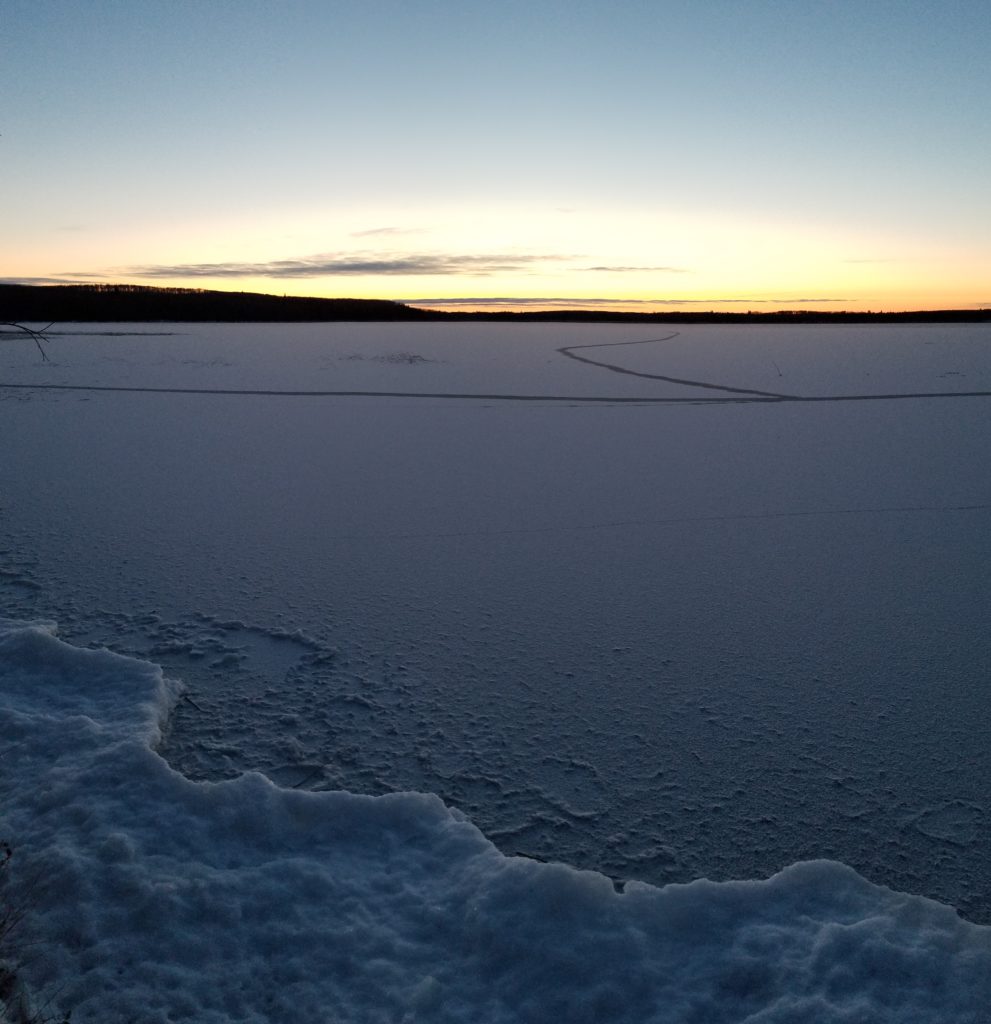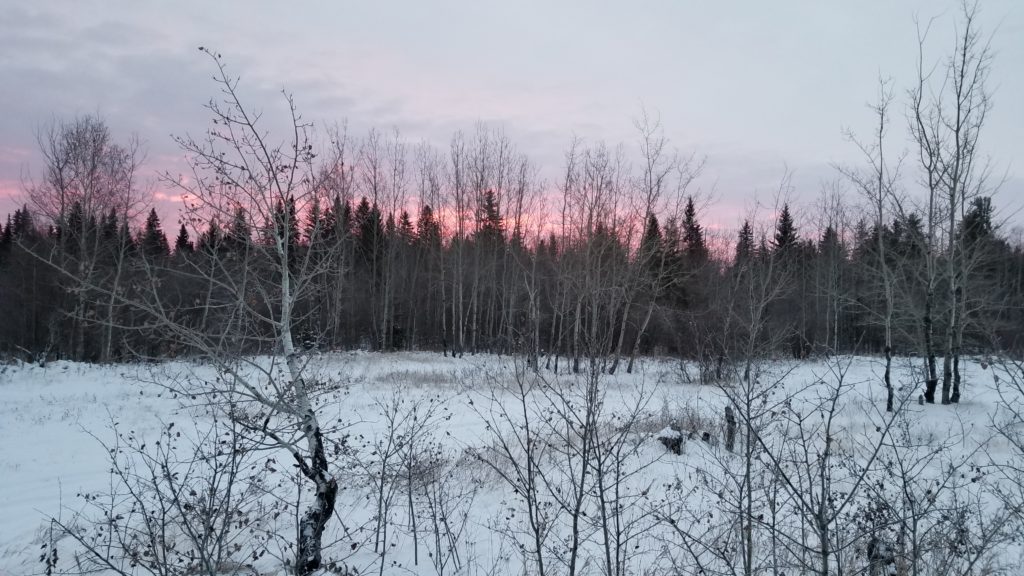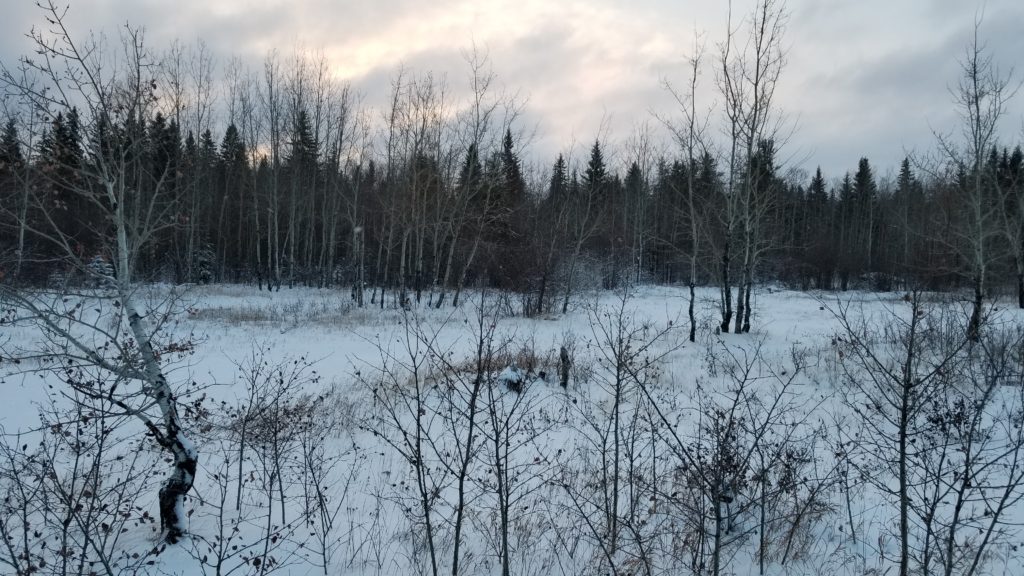Advent Preparations
After days of manual Fabricating and creating
Out of ¼ inch metal, without a welder or a cutting torch, just a grinder and lots of cutting wheels, and a drill and bits and bolts and nuts
And old junk and new junk
Cut up to make something that may save my life
And certainly will help keep me safer this cold winter,
I came to the lessons for this Sunday
With an eye to working to accomplish a something that will be useful.
It is Good labour, labour with tangible results, fabricating, fixing, and building.
It is lifesaving, purposeful and rewarding.
And then
I wanted to see,
If there were tangible work prescribed for us in the Gospel, what results would it produce?
Is there something for us to accomplish?
First some general notes about the lessons.
Malachi is Hebrew meaning ‘messenger’. We do not know much more than that about the writer of Malachi. It is written for the post-exilic remnant, anticipating or returning or establishing themselves in a devastated homeland, familiar, but so changed. The writer tells the people that worship in the temple, with sacrifices and all will be re-established, and that will be how God is with them.
The Psalm is the beautifully familiar, if not well known, canticle from Luke, which is used in various liturgies, including Holden Evening Prayer, by Marty Haugen.
Paul’s letter to the Philippians is, along with those to the Thessalonians, among his warmest and most joyful. While we are not completely surprised, either by the sinners we see in the other Pauline letters (and in our congregations) or by the saints we see in these affectionate and warm Pauline letters … still both extremes repeatedly do catch us off guard. Oh, yes, there are saints in our congregations, too. Perhaps we take them, too, for granted?
The Gospel from Luke anchors the time. There was no set calendar, so the way to declare a time most clearly was through the years of the various rulers and high priests. These references are also Luke’s way of saying that Jesus was a real human and there were real political tyrants, or rulers anyway, Roman and otherwise, and the high priests had positions. Jesus’ Gospel came into this real world, and addressed not just the physical and spiritual maladies, but also the political and religious maladies as well.
Remember Luke is the physician who places Jesus as the ‘healer of our every ill’.
Here Luke foretells, with John’s call to repentance, Jesus’ ministry also to the political and religious leaders of the day … and by extension also the political and religious leaders of the readers’ days.
And then the rest of the thoughts from the lessons.
Malachi:
The messenger comes to the people, a messenger of the Lord.
In the exile, people understood that God had deserted them. That idea persists here, and the ‘Good News’ is that the Lord will return to the temple.
The end result will be that the offerings at the temple by Judah and Israel will, like of old, be pleasing to the Lord.
That’s the measure of proper sacrificial religion practiced right, and in good order.
The other piece of proper religion is the people’s delight in the covenant made by God with Abraham. This is a conflation of the covenants God made with Abraham into one covenant, but since Abraham is likely a conflation of multiple actual people into one forefather, the bearer of faith, why not conflate the covenants into just one.
These covenants with Abraham, unlike almost all others, were created unilaterally by God. Abraham did not have to agree, did not have to preform, and did not have to earn the benefits of the covenant. Some would say that Abraham did, but after the fact. We say with Paul, that it was reckoned to Abraham because of his faith, which faith was a gift from God. All of it then is a gift from God, and the covenant is God’s promise of offspring as many as the stars, and land. Which were for that place and time what made up security, along with lots of cattle.
One does then need to mention wives as well, the means to having offspring. But Abraham had Sarah, and Hagar her handmaid, whom Sarah gives to Abraham.
While the arguments abound, anyway you look at it Sarah was a handful, as was Abraham. Whether they honoured each other and to what degree seems to be based more on the experience of the observer, than the historical record, if that is to be trusted much either.
Let it just be said clearly: regardless of what our forbearers of faith may have been or done, we are to love the Lord, and that includes loving each other, and that means EVERY one, even our enemies. Loving means to fully honour every human as full humans, as full children of God, as simultaneously full (self-made) sinners and full (God-made) saints. Which is not ever going to be a simple matter to be accomplished by following a checklist or a set of rules. Loving and honouring is a work of art, with a lot of science thrown in, and then prayer … constantly. If in question, at least be kind.
It’s like finding a spouse: everything else can be accommodated, but find someone kind. (Tip of the hat to the writers of ‘About Time’, the movie, from the character of Tim’s father in his second best man’s toast. Being able to redo most weddings ought to be a requirement of getting married, except no one would get married … oh let’s see, hardly anyone is anymore anyway. – The movie About Time is one of a handful that I return to every once in a while. It’s one of those few movies that is worth most any effort spent to find it and watch it, and then return to view it. – so get your hands on it, watch it, and delight in it. It’s not a covenant, but easier to delight in for all that.)
The covenant, then and now, is God’s work, a promise, a contract signed by only the divine side. Count on it, and trust in it, and even delight in it. One has to ask: did the writer really think the people delighted in the covenant or did the writer just wish it were so?
As for the coming of the Lord, prepared for by the messenger, it is not unlike all anticipations of seeing the Lord, it is life-changing. The Lord will purify the people with the course fuller’s soap and with the intense fire of the smelter. Or the Lord will purify at least the priests, the sons of Levi, so that the temple is run in good order and the sacrifices are pleasing to the Lord.
Which begs the question: is there a work to be done there? Or do the people simply wait and let it happen to the sons of Levi?
Is it an accident that the Lord purifies like fire purifying silver and gold? Is that a suggestion that the people bring the priests their gold and silver?
Must we bring offerings in order to please God and therefore get from God what we want or need?
(Foreshadow or back-shadow: DOCH NEIN, no!!)
Psalm
From these and other obligations God has come to set us free. Or is it a different freedom that Luke writes about.
The Canticle of Luke’s says God frees us from our enemies, and all who hate us, which is a large enough pool of people. But does it also include those who pretend to be our friends and who then manipulate us out of our gold and silver in the name of religion? Martin Luther thought so.
Luther thought maybe not that Luke wrote so, but that God did so set us free.
Interesting that Luke names the covenant with Abraham as God’s promise to set us free from our enemies. Set me right if need be, but I don’t remember Abraham’s covenant as being more than children and land, but then conflation, so let’s add in another covenant of God’s and call it Abraham’s as well.
Even so, if you have land, then enemies can and will try to take it from you. So if you get to keep it, then I suppose God could corollary-wise have promised freedom from one’s enemies.
It is something to be able to worship without fear, and to be holy and righteous one’s whole life. But only God is righteous. God makes us saints, but we remain simultaneously sinners. As God-made saints we are holy, set aside to be a blessing to others, but never perfect or righteous, perhaps just self-righteous.
The interesting part is worship and fear. God’s covenant is expanded, as good Jewish law went, to include freedom to worship, and to worship free from fear.
Except, all worship of God begins with fear of God. Martin Luther explained the ten commandments well, beginning each explanation with ‘we are to fear and love God so that …’. The question is not whether to fear God, it is to fear God for what.
That God is a revengeful angry judge?
Well if you approach God that way, you may experience God that way.
Of course the favorite through history is to threaten everyone else with that fear of God and to reserve the gentle, compassionate God of mercy for oneself.
Now if we (historically speaking we)… if we properly feared God, and knew God as merciful and abounding in steadfast love, then we would reserve the judging God for ourselves, with grand doses of mercy and love and compassion and forgiveness … And we would tell others only of God’s love, mercy and forgiveness.
But then people with no fear of God, expecting only mercy and forgiveness, take that as freedom to do whatever they wish, and they end up wreaking havoc and chaos on the people around them. Are we still obliged to share that God is merciful for all. Is not the more complete picture of God needed for everyone, us included? God is a judge to be feared, for there are no excuses or lies or side paths or injustice as escapes: what we do and who we are is an open record for God. But our God is also a God of infinite love and mercy, forgiveness and new life.
If there is a work to be done, something to accomplish then it’s that. We can and ought to provide to each other a reverence for God, a fear, along with mercy, forgiveness and new life. Once we know God to be that way for ourselves, how can we not make it so for others in all we are and do?
That is to be holy, and only somewhat righteous … as far, and only as, God makes us holy and righteous. In other words, this is our work, the saints’ work; but we are only able to do it because God makes us saints.
But to worship without fear, and that fear being fear of others killing us if we worship our God to be feared, our God of love and mercy, compassion and forgiveness, now that is a gift, and a thing to be coveted all one’s life.
Luke knew, as many did, and have since, that Jesus, the babe Joshua the saviour, was the infant child who would bring all this to be also for us (of each generation and place and people, us.)
And Luke reports that Jesus’ cousin, John, would come to prepare the way for Jesus’ ministry by calling people to repent, to be forgiven; and through forgiveness to see God’s promises of salvation already happened and happening and yet to happen for them as well.
And then the image that steals every nature photographer’s heart, and many other hearts as well: In God’s tender compassion, the dawn from on high breaks in on us.
Now the sunrise many mornings is nothing short of a specular* event. But what is spectacularly special is that this light, this son-rise, this new dawn of all time, shines light (through the cracks –thank you L. Cohen) to all those who dwell in darkness, in the shadow of death.
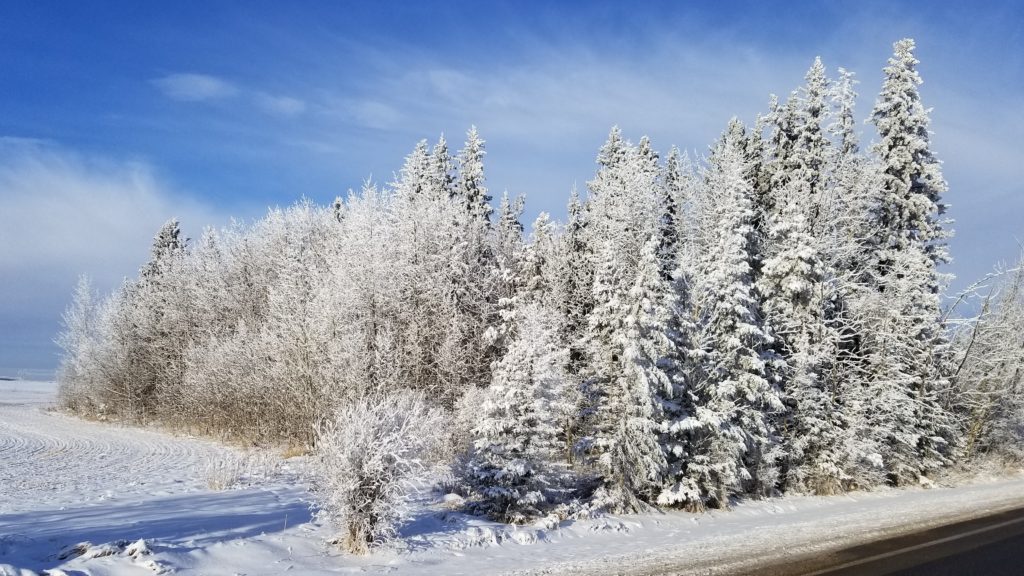
The light shining on the snow.
Those in this time who dwell in darkness, in the shadow of death are great in number.
The darkness of being without the necessities of life, a unfathomable reality for a good third to half of those alive at any time is indeed a great darkness.
It is dark because the necessities exist in plenty, but we do not share them, not justly or lovingly, or mercifully, nor even kindly.
And the darkness of having the necessities while so many lack them … that is a mean kind of darkness, the kind that wears a pretty face and is cruel, or worse, apathetic to other’s darkness, as if ignoring other’s desperate needs makes the needs go away, and that oneself is somehow excused from the needs of life, the need to live well in the shadow of death. For death claims all of us. No human gets out of life alive. The fatality rate is 100% for all life on earth, also for humans. And all we can do in the face of death is to live lovingly, justly, mercifully and at least kindly, to ourselves and to others.
Pushing others to a premature death, does not somehow help us escape death. It may prolong our days, but at the cost of others’ lives … if we do that the darkness of death, their death, is eternally stained on us, on our very being.
However we deal with the shortness, cruelness, and plain old hardness of life, the light that Christ shines on us guides us to the ways of peace, for our own hearts, for our own families, for our own people, and for all other humans, now alive and yet to live.
It’s a path we create, like flagstones in sand, that we walk often if we are blessed.
Paul’s special joy for the Philippians:
Paul had started a number of congregations. He actually seems to have fond memories of a few of them. I’ve seen a few congregations in my day, started none, and I have a few fond memories. The rest … like Paul I can say they did not disappoint in making obvious the Grace of Christ … as needed for all of us sinners.
So Paul is joyed to write to the Philippians who have been with him through it all, the exuberant start-ups, the angry reactions, the imprisonment, the continued effort to proclaim the Gospel. Paul gives his all, and more than once dodges the crowd’s anger, and more than once lands in prison, and more than once gets out, and more than once impresses his guards, even converting a few, whose life he saves by not running when he is able, and terrifying a few who learn he is a Roman citizen. Roman citizens were not to be dealt with unjustly without cause … or there were repercussions.
I don’t have the Greek available to me now, but I’m pretty sure (can anyone verify) that the reference to the one who started them on their way will bring them to completion, is none other than Paul himself.
A little self-congratulations taken, explained, and probably well-earned.
And then to the point of my initial question: Is there something we should be accomplishing, because Paul prays that the Philippians can accomplish it: that they will be ‘be pure and blameless, having produced the harvest of righteousness’….
I guess I should be a follower of Paul and not a descendant of sorts of Martin Luther. I could shoot for ‘pure and blameless’. And that as a product of the harvest of righteousness. So I attain righteousness first, then comes the harvest, then I am pure and blameless. Easy to write out those steps to perfection before Christ.
Except I believe, and experience tells me it’s blessedly right, that every one of us God-made saints, is also still simultaneously a wretched self-made sinner. That sinner part is inescapable, no matter what I try, you try, we try or they try. We are bound to sin, not just likely to sin, but tied and fettered to being sinners who do sin … and cause ourselves and others no end of grief and woe.
Now to be fair to Paul, even though he probably deserves all the above quite fairly since he did theology pretty much ad hoc (which is his gift to us), he does say that our righteousness, which becomes our being ‘pure and blameless’ is not self-made, nor is it for one’s own glory. That righteousness ‘comes through Jesus Christ for the glory and praise of God’. So it all starts and depends on God working in us. But Paul still does push his congregations and us his readers, to exert ourselves to being what Christ makes us able to be. I guess we could call it, fulfilling the God-made saint in us, even as the sinner lives on, strong and healthy.
The other obvious point is not in the words, but the situation. Paul continues to care for the congregations he starts. He continues to write to then and encourage them to be all they can be.
We all need a Paul in our lives, staying in touch with us, no matter the place, time or circumstances, who pushes us to be God-made saints with the greatest of integrity that we can muster.
And we can and need to be that ‘Paul’ for others. There is no one who becomes and remains a Christian without participating in community, at least through time. Encouragement is crucial. Reminders are crucial. Putting in some effort is crucial, otherwise the Good News of Jesus our saviour becomes banal. The Gospel is life changing because we take it to heart and choose to change, day after day, to change again to be who Christ guides us to be, and who God makes us able to be: saints. That we can is a miracle, that we do is awfully impressive. Impressive that God would do that much for us in us.
So perhaps we should all shoot for pure and blameless.
Forgiveness may be required, but what else would God want from us, but to accept forgiveness, the free gift from God that gives us life, and breath and real freedom.
Luke’s Gospel:
Filling the valleys, leveling the mountains, making the crooked straight, and the rough smooth. Anchored in history, Jesus addressing even earthly power, in all its forms. Again, made visible through the forgiveness of sins, experienced in baptism, a baptism of repentance, of the 180°, a dance step, an unusual one of switching partners, from devil that makes you do it (evil), to God who makes you able to do it (blessing others).
Returning to the Gospel after days of creating and fabricating from metal, for one’s own life sake and safety: does the Gospel require of us that we accomplish something, or are we just supposed to be able to sleep soundly at night*?
Luke anchors the story of John in the wilderness in the political and religious reality of the day. John points to Jesus, and Luke points to the two, and wants us not to forget that all that Jesus does also has political and religious impact. Jesus is not just a religious or spiritual event. Everything changes, not with God, but with what we know clearly about God: God does not want us to sacrifice each other anymore. The difference is also about all kinds of power.
From where the Word lands, it starts rustic and simple: the Word of the Lord comes to John in the wilderness.
People have been seeking out the wilderness for healing and health and perspective from the beginning of time. John does, too. There the Word lands right on him.
John picks up with everything symbolic and meaningful. He goes to the Jordan. This is the river that Moses did not cross, which Joshua did with the people who had been in the wilderness for 40 years, after God delivered them from slavery in Egypt.
John has a more profound freedom that he proclaims: this is not just freedom from slavery. This is freedom of the ultimate kind.
It starts with the forgiveness of sins, our sins. John offers people the path to forgiveness: a baptism of repentance … in the waters of the Jordan River. Repentance is that 180° turn from dancing with the devil, to dancing gracefully with God.
Now there is something for people to do, something people can do and ought to do.
In anticipation of Jesus’ ministry, coming out into the public, John calls to the people to prepare the way for the Lord. Repent!
Make his paths straight, fill in the valleys, make the mountains and hills low, make straight the crooked, and make smooth the rough ways.
But no ordinary person can do any of that.
No extraordinary person can do any of that, either. Geography is geography.
With so many developments in technology today we can literally move mountains. Or at least dig dry ponds eight blocks big, and sink a park down to the bottom of it. Or mine from the surface down hundreds of feet, take what we want and either leave it a mess or fill it all in so nice it hardly looks like we touched the surface. But that’s with machines, and the technology of today. Back then it would have taken centuries of slave labour to accomplish the leveling, preparing and smoothing.
Obviously Luke is not talking literally, but figuratively.
Still is that something that they and we can do?
Can we prepare the way for the Lord?
For the Lord, can we fill in the valleys, level mountains, straighten the paths, and make smooth the rough ways?
Can we repent and change dance partners, switching from the sinner’s dance to the saint’s dance?
I suppose there is something to that.
Imagining it may be something we can do, but it’s like being a saint: it is possible only in our imagination. We are still stuck being sinners, dancing with the devil. God can make us saints. We … not so much. Actually we … not at all.
So why the call to repentance by John in preparation for Jesus?
Maybe it is all appearances? Jesus’ story needs someone to prepare the people like they have not been ever before? … Not so much.
The end result is fabulous. It is the ultimate change: all flesh shall see the salvation of God.
I suppose there may be a caveat: that some see it but do not receive it?
Not going with that either.
The promise of God is that all will see the salvation of God.
And we do.
We may still be dancing with the devil, but God is dancing with us, a graceful, beautiful dance.
There is not much we can do one way or another on that, except keep dancing.
But
…
How do we respond knowing that God is dancing with us, always?
Do we know what it is to see salvation?
It will change one’s heart, mind and soul.
We just might end up kind.
Or we might be the one who tells the truth, even when it costs us.
Or we might dance more assuredly through each challenge, knowing that no matter what, the Lord has come, the dance is graceful and beautiful, and all is well with us and with the world.
Whatever the challenge, the mountain, the valley, the crooked way, or the rough spot of our lives, even when we do not prepare the way for the Lord, the Lord finds us as we are, where we are, and declares us acceptable to God. The Dance goes on.
Is there something we can do, ought to do, must do?
There is nothing we can do to be acceptable to God. We never can deserve that.
Yet God gives us that freely.
Then we can dance, and breathe, and there is a freedom in not having to prove ourselves to God, or to ourselves. That’s worth everything.
When it comes to doing, is it best to work on metal and wood and have a doable goal?
When it comes to salvation; we need a miracle. We need God to make us saints. And that is the goal of all goals.
Life is less like a box of chocolates, and more like a dance – a wild and slow, energetic and lethargic, a sickening repetitive and an engaging, enthralling dance.
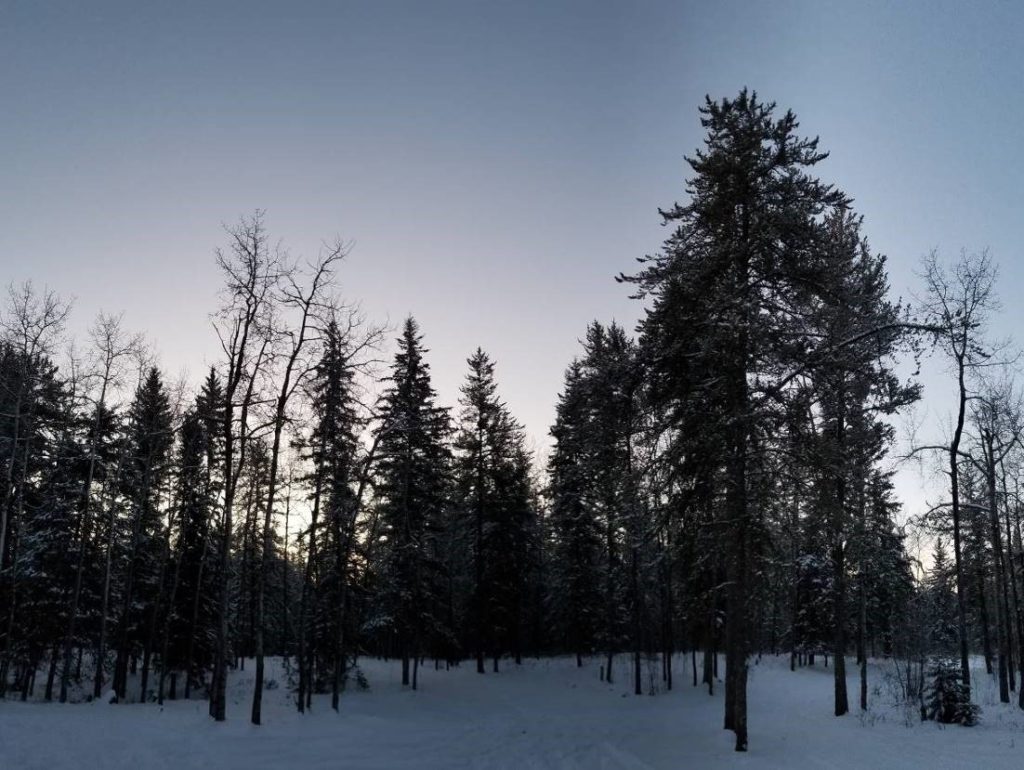
In God’s tender compassion, the dawn from on high breaks in on us
What are we to do this Advent? What preparations are we to engage in and accomplish?
We are to respond to God’s work in all creation, especially God’s work of making us saints, with thanksgiving. And we are to then be the blessing we can be, for others!
Which means to be kind, and to be loving, gracious, forgiving, and reflectors of the spectacular light of Christ that is visible to us most because of our own sins.
It is not so much a task list as an art, with everything including science and prayer thrown in, especially prayer.
It is the art of being Christ’s hands, feet, words, and grace for others, as we dance gracefully toward Christmas and all the challenges of life that are to come.
*Specular
No that is not a miss-spelling, look it up if you’re not familiar with it. It is the light that makes photos more than pictures.
* To be able to sleep soundly:
A farmer, poor, needs a hired hand. They are hard to come by, and good ones even more rare. He interviews the one fellow who comes to town, asking him what his qualifications are. The answer is simple if not much help: I can sleep soundly at night.
With no other options the farmer hires the hand. A month or so later a terrible storm kicks up. The farmer runs outside, crying for the hired man to get up and help him secure everything so it is not ruined in the storm: the loose gate, the shingles missing on the roof, the fence post bearing weight from a fallen tree, the watering trough that’s teetering on uneven ground; the list is endless.
The hired hand cannot be woken up. So the farmer runs outside to start saving what he can by himself. But each place he looks, everything is already fixed and secured, storm-readied.
He goes back to bed, thanking God. For now he understands the hired hand’s qualification is everything.


